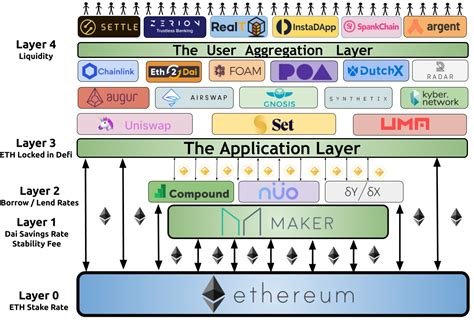Importance of fees in Ethereum: How affected the speed of the transaction confirmation
When creating the application of bitcoins, developers often find themselves sending numerous transactions for testing purposes without fear of fees. However, this approach can lead to significant delays and inefficiency as regards the transaction confirmation rate.
The Ethereum network is designed to prefer the safety and integrity of its transactions over the speed at which they are confirmed. The Ethereum fee structure, introduced by Vitalik Buterin in 2015, focuses on preventing spam and ensuring that miners have adequate motivation to verify all network transactions.
Task of fees at speed of transaction confirmation
Simply put, fees in Ethereum are like a price tag for each transaction. They dictate how long it takes for the transaction to process the blockchain knots and the verified network. The higher the fee, the slower the probability of the transaction. In your case, sending 0 fees means that you don’t pay anything for each of your transactions.
Why do transactions last until they are confirmed?
Several factors contribute to slow confirmation times at Ethereum:
1.
- Network load : During the high network overload period, transactions may take longer to confirm due to increased processing capacity.
- Time of performing intelligent contracts : The time required to perform intelligent blockchain contracts can significantly affect the confirmation time.
Reality of 45-minute confirmations
As you have experienced first -hand, sending 0 fees to your Ethereum address can lead to a significant delay in the transaction confirmation times. For example::
- 0-mm transactions: 45 minutes (or longer) to confirm
- High value transactions: several hours or even days to confirm
What can you do to optimize your transactions?

Although it may seem contraintuitive, sending fees can actually help speed up the transaction confirmation times. Here are several strategies that you can try:
1.
- Choose more complex transactions
: For example, if you use an ERC-20 token with multiple gas parameters, a higher fee may pay off to process these transactions more efficiently.
3
Use optimized intelligent contracts : Some smart contracts in the Ethereum network are optimized for quick execution, which can help shorten the transaction times.
Conclusion
While Ethereum fees are designed to prefer safety and integrity to speed, understanding their task at times of confirmation of transactions is essential to optimize the performance of your application. Taking into account the factors that contribute to the slowing of the confirmation period, and the use of strategies, such as high fees transactions or optimized intelligent contracts, you can seek to reduce your application for long confirmation periods.
Remember, as a developer that builds an application based on Ethereum, it is necessary to achieve a balance between safety, integrity and performance. In this way, you will be able to build more efficient and scalable applications while minimizing the impact of fees on your users’ experience.









